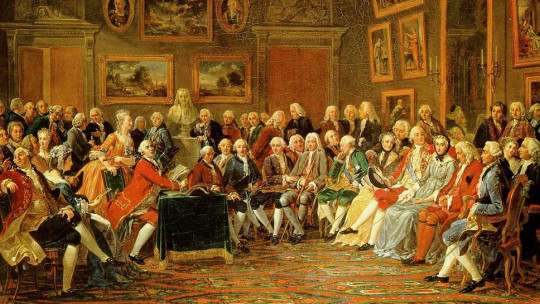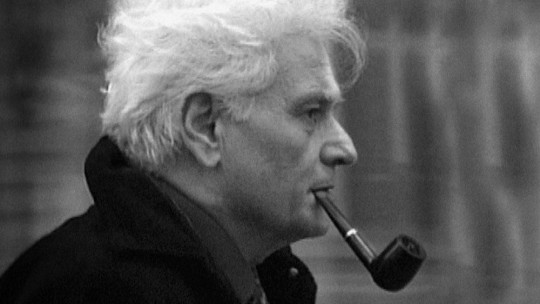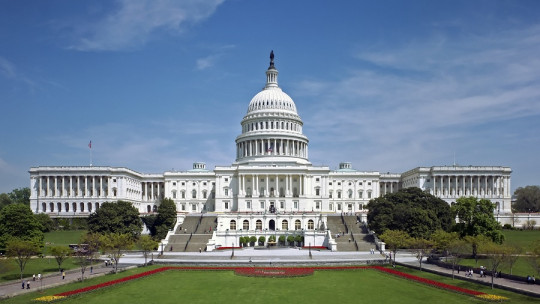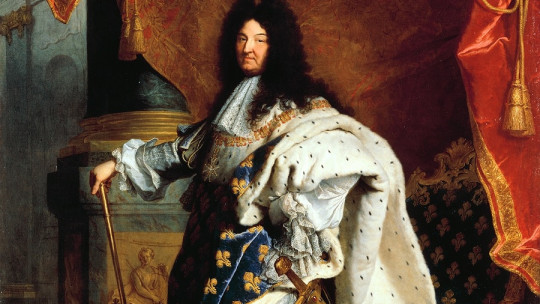
Political science is that branch of social sciences that is responsible for analyzing and studying the power relations of a society, understanding power as the contract between rulers and citizens that must be respected within an institutional framework. Power is the ability of a given actor to influence a second or even third actor. It is for this reason that an act of necessary interrelation is presented.
We often ignore this concept of power. Political science is not limited only to basing its research of a political nature, but also responds to a network of interactions between human beings themselves, a more anthropological than administrative part. Power can occur in families, in a group of friends, at work or even among other people.
The origins of political science
It should be noted that this concept is by no means new. Already in ancient Greece, the precursors of political science such as Plato or Aristotle proposed a deep analysis of the configuration of the State as a unique element of power towards others. Its foundation, laws, constitutions, organization, uses and unregulated customs.all these elements influence human behavior in a generalized way. As civilizations and/or societies have grown in number and complexity, they have been forced to take shape in the form of a nation-state, and from this structure the mind and behavior are affected.
Once again, this is where political science is responsible for unraveling the innards of the art of governing. Power, the philosopher’s stone around which politics in general revolves, continues to be a difficult idea to develop today. Is power exercised, or is it conquered? What are your methods to implement? These and many other questions can only be answered through this science which, it must be insisted, is not exact.
Although Western thinkers were pioneers in laying the foundations for this concept, the concepts of political science or political theory were not coined until well into the 20th century, shortly after the end of World War II. Thus, it was exactly in 1948 when the German political scientist Eugen Fischer (1881 – 1964) as a universal way of addressing the academic world that was dedicated to political knowledge. It is evident that there is a relationship between political science and political philosophy, since examining the exercise of politics involves constantly rethinking concepts what’s on the game board. However, it also has to do with psychology, since ultimately everything that is studied is reflected through human behavior.
The role of the political scientist
Like any other type of science, political science requires an entity or agent that articulates studies and research entrusted to it: that is the figure of the political scientist, which plays a role of both research and intervention. It is necessary to point out that a political scientist is not a politician, a speechwriter or any similar position.
In accordance with the role entrusted to the political scientist, he must stick to objective and impartial research regarding his field, without interference that responds to particular interests of pressure groups, political parties or other possible groups that exercise power. Political reality should be the object of study of the political scientist, as well as resolving the trends that may arise from that reality.
Among the many functions of the political scientist, he will be in charge of seeking answers to situations such as peace and war, who causes it, their nature; how the role of the dominated and dominator is managed; parameters to establish justice from injustice; how to manage conflicts and negotiate the interests of those involved; guidelines for reaching consensus, among other problems.
Taking into consideration all the issues that address the complexity of power and its action within the community, we must introduce a new concept that functions as a hinge in politics: ethics and morality. They are two inseparable conjunctions in the exercise of governance, the ultimate formula being the one that forms “social justice” in body and legality.
The public vs private sector
We cannot ignore the relative novelty of the figure of the political scientist within the professional field, especially if we take into account that Political life is hermetic exclusively for parties that respond to ideological interests Likewise, political science – and ultimately the political scientist – can perform important tasks within public administration that would help improve the quality of democracy, if there is one, or can improve government performance in the event of its absence.
Suggesting some of the most important examples, the function of the political scientist involves designing public policies given guidelines, as well as the organization of civil society, the relationship between the judicial, executive and legislative powers, including the management and investigation of the public opinion. All this taking into account, if possible, a proactive attitude (avoiding conflict) versus a reactive attitude (resolving conflict).
Finally, In the private sphere, political sciences have little scope for action Being entities of a different nature, the private sector may require the services of a political professional in non-profit organizations such as NGOs, companies dedicated to helping the public sector, such as the externalization of services (outsourcing) or platforms and media that are dedicated to generating public opinion.








